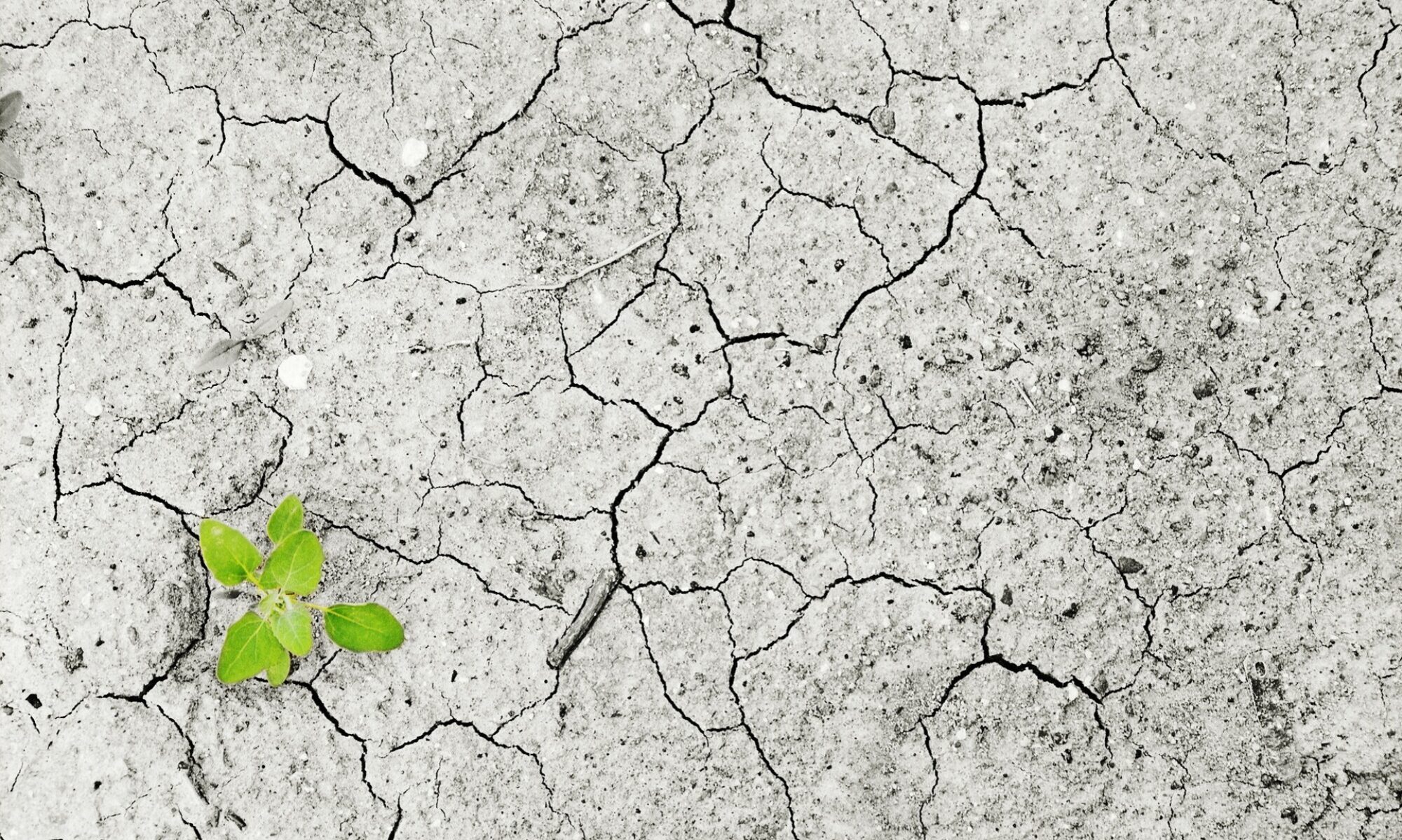7 April 2021 – by Evelyn Workman
A new Massachusetts climate law has been heralded as a crucial step in the state’s fight for environmental justice. The wide-ranging legislation, signed by Governor Charlie Baker at the end of last month, sets new goals on emissions and clean energy, however, it also has a significant emphasis on environmental justice.
The climate change legislation commits to achieve net zero emissions for Massachusetts by 2050, however in addition to this the bill also aims to protect vulnerable communities. The law has provided a clear definition of a community overburdened by pollution – also known as an Environmental Justice (EJ) community – defining it based on race, income and language-proficiency criteria. Advocates have welcomed this new definition, claiming it improves on the confusing parameters which were previously used in identifying the most vulnerable communities in the state.
The bill recognises the significant impact of climate change on EJ communities, which are more likely to have poor air quality and disproportionately high levels of pollution, and aims to allow these communities to have a say in future infrastructure projects or any other projects likely to impact air, water or soil quality. The law also says that the state must take into account how existing pollution levels have already impacted residents when considering whether to approve any new project in an EJ community.
This bill is a significant step towards protecting vulnerable communities who are disproportionately affected by climate change and paves the way for other states, and other countries, to pass climate justice laws in the future.


